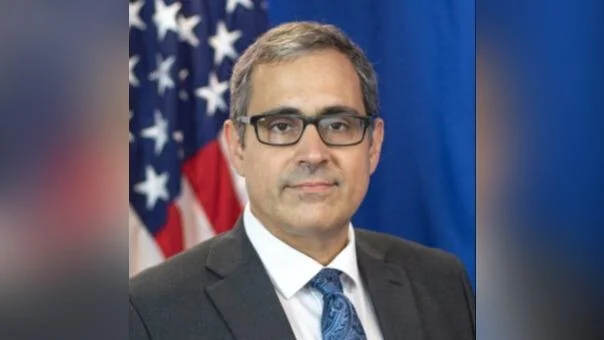John Kelley, the Acting U.S. Alternate Representative, addressed the UN Security Council in New York on May 15, 2025. During his remarks, he expressed concerns about the International Criminal Court (ICC), describing it as a "politicized, anti-American, and anti-Israeli institution." He stated that the ICC has engaged in "illegitimate and baseless actions" targeting both the United States and Israel.
Kelley noted that neither the United States nor Israel have ratified or acceded to the Rome Statute of the ICC, thereby not granting jurisdiction to the court. He described the ICC’s actions against these countries as "acts of overt hostility and a violation of the most basic understanding of state sovereignty."
He highlighted that one of President Trump's initial actions was signing an Executive Order imposing sanctions on the ICC, starting with its Prosecutor. The order aims to address what Kelley described as a "grave miscarriage of justice" by setting consequences for those responsible for these transgressions.
"The United States will impose tangible and significant consequences on those responsible for the ICC’s transgressions," said Kelley. He reiterated President Trump’s stance that such actions by the ICC are an "unusual and extraordinary threat to national security and foreign policy."
Turning his focus to Libya, Kelley emphasized that ending political instability is crucial for reducing violence and holding armed groups accountable for human rights abuses. He urged Libyan authorities to ensure former senior officials from Qadhafi's regime face justice.
Kelley called for stronger witness protection measures in Libya, increased psychosocial support during trials, and fewer restrictions on civil society. He praised civil society and human rights defenders in Libya while condemning any restriction on their freedom of expression through arbitrary arrests or detentions.
He concluded by stating it is necessary to confront past wrongs in Libya by breaking cycles of impunity to empower its people towards a peaceful future. However, he regretted that after 14 years of investigations, accountability has not been achieved for Libyans.

